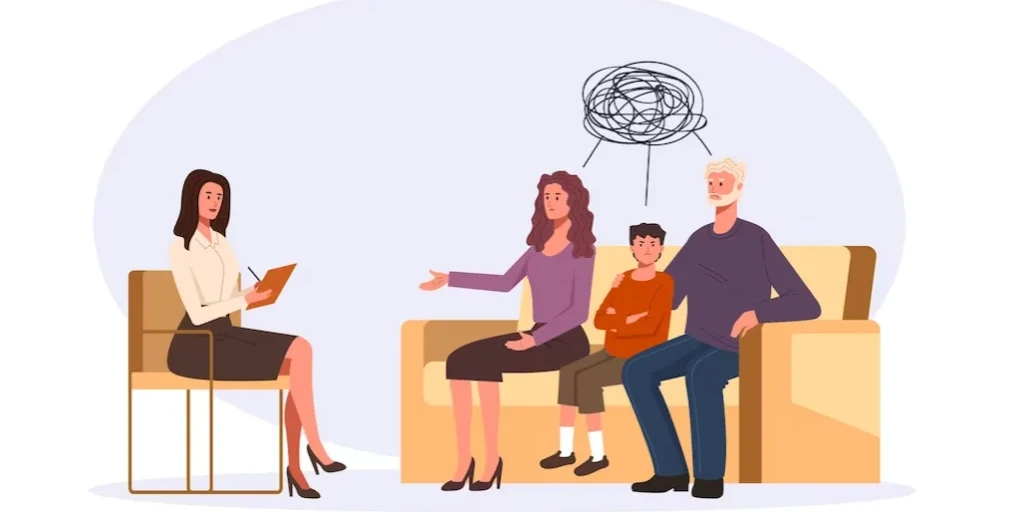24/7 Helpline:
(866) 899-221924/7 Helpline:
(866) 899-2219
Learn more about Depression Treatment centers in Osage County

Other Insurance Options

Lucent

Choice Care Network

PHCS Network

Aetna

Premera

Humana

BlueCross

CareSource

CareFirst

WellPoint

Covered California

Absolute Total Care

Providence

Coventry Health Care

Private insurance

Excellus

Sutter
Beacon

Optima

Magellan

Osage Nation – Primary Residential Treatment Center
Osage Nation- Primary Residential Treatment Center is a drug and alcohol residential program run by ...


















































































Edwin Fair Community Mental Health Center – Outpatient
Edwin Fair Community Mental Health Center – Outpatient is a private rehab located in Pawhuska, Oklah...



























































